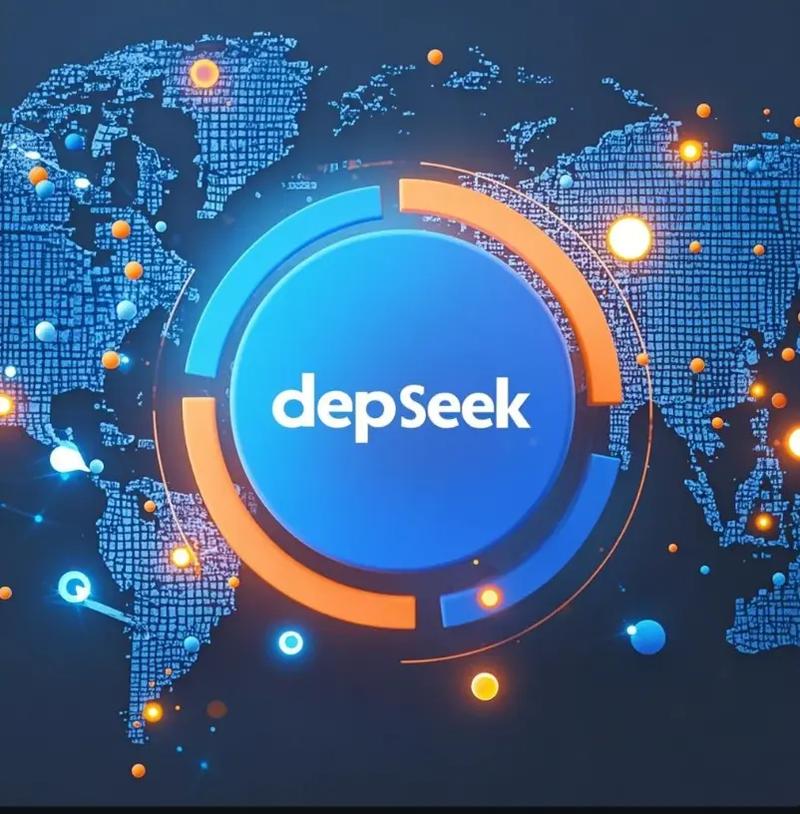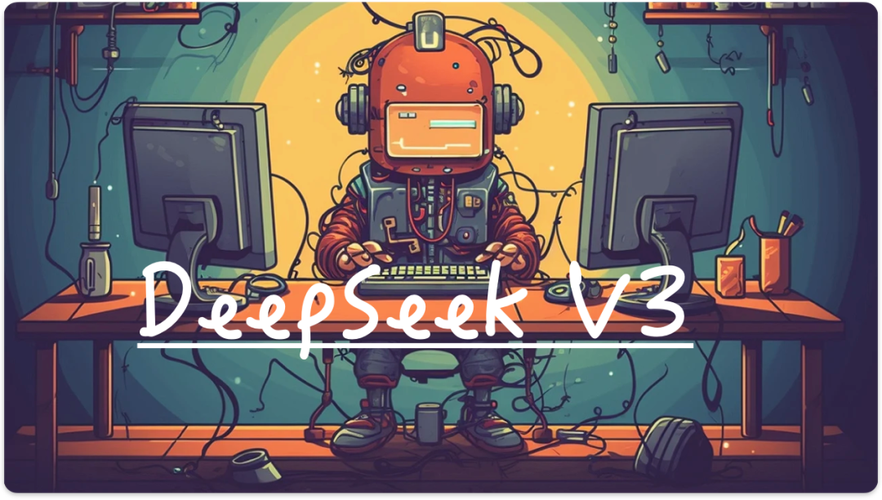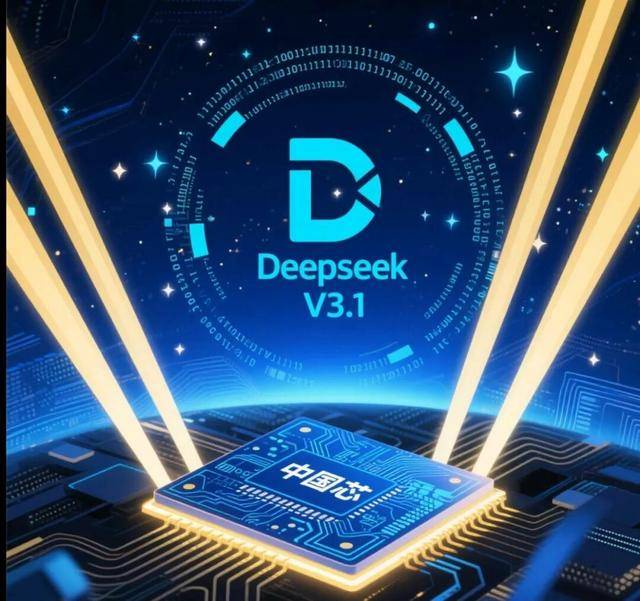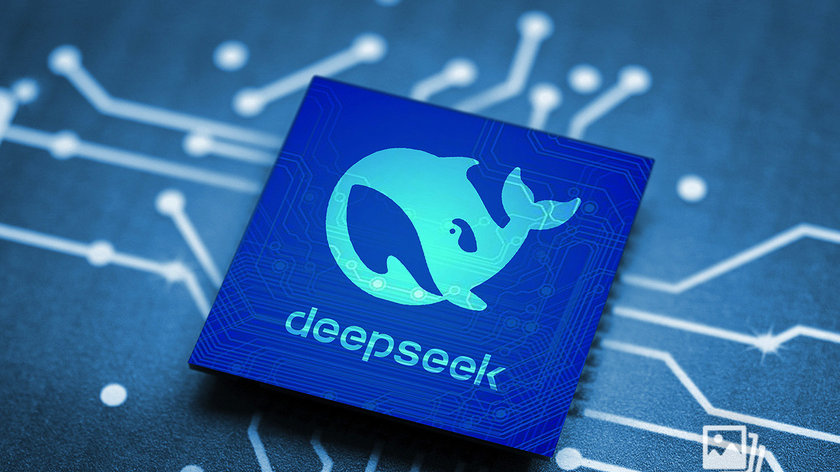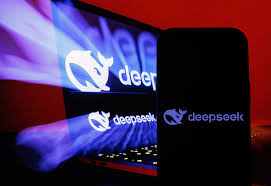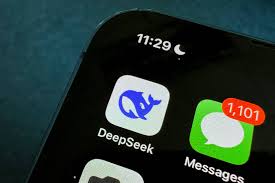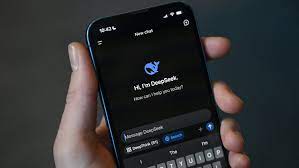📦 Sample App Templates Using DeepSeek API (2025 Full Guide)
🔍 Introduction
With the rise of open-weight LLMs like DeepSeek, developers are no longer bound to proprietary models with expensive token-based pricing. The DeepSeek ecosystem provides scalable, customizable, and cost-efficient AI alternatives, especially when paired with accessible APIs or platforms like Ollama, LangChain, or Flask.
In this guide, we’ll explore multiple app templates that integrate with the DeepSeek API, ranging from chatbots and coding assistants to search agents and productivity tools. Whether you’re a startup prototyping your next product or an enterprise building internal automation, this comprehensive blueprint will help you launch quickly and efficiently.
✅ Table of Contents
What Is DeepSeek and Its API?
How to Run DeepSeek API Locally
Template 1: AI Chat Assistant (React + Flask)
Template 2: Markdown Editor with AI Assist
Template 3: VS Code DeepSeek Coding Companion
Template 4: Terminal Chatbot Using Node.js
Template 5: Research Assistant with Search Tools
Template 6: Telegram Bot Powered by DeepSeek
Template 7: Streamlit Chat UI with Memory
Template 8: DeepSeek API + LangChain Agent
Deployment Tips (Localhost, Docker, Fly.io)
Bonus: Monetizing Your DeepSeek-Powered App
Common Mistakes to Avoid
Final Thoughts + Downloadable Templates
1. 🧠 What Is DeepSeek and Its API?
DeepSeek is an open-source LLM family developed for general-purpose and coding applications. Two widely used variants:
deepseek-chat: For conversational AIdeepseek-coder: For programming-related prompts
API Access Methods:
Local: Via Ollama (
http://localhost:11434)Custom Flask/FastAPI server: Wrap
llama-cpp-pythonbackendDocker containers: Deployable APIs
LangChain abstraction: Easy integration with memory/tools
2. 🔧 How to Run DeepSeek API Locally
Using Ollama:
bash curl -fsSL https://ollama.com/install.sh | sh ollama pull deepseek-chat ollama run deepseek-chat
Ollama exposes:
http= POST http://localhost:11434/api/generate
Sample Payload:
json{
"model": "deepseek-chat",
"prompt": "Explain LangChain in simple terms.",
"stream": false}
3. 💬 Template 1: AI Chat Assistant (React + Flask)
Use case: Frontend chat app that sends user input to the DeepSeek API and renders replies.
Tech Stack:
React (Vite)
TailwindCSS
Flask API proxy to Ollama
Features:
Streaming responses
Chat history
Theme toggle (light/dark)
Example Flask Endpoint:
python@app.route('/chat', methods=['POST'])def chat():
prompt = request.json['prompt']
res = requests.post("http://localhost:11434/api/generate", json={ "model": "deepseek-chat", "prompt": prompt, "stream": False
}) return jsonify(res.json())
4. ✍️ Template 2: Markdown Editor with AI Assist
Use case: AI-enhanced writing with Markdown editing, summary, and grammar fix features.
Tech Stack:
Next.js (or React)
Tailwind Markdown editor
Backend with Flask + DeepSeek
Features:
“Summarize Paragraph” button
“Fix Grammar” via prompt engineering
Convert text to bullet points
5. 🧑💻 Template 3: VS Code DeepSeek Coding Companion
Use case: AI coding assistant that runs locally without needing OpenAI.
Tech Stack:
VS Code extension (TypeScript)
WebView or inline suggestion panel
DeepSeek API integration with caching
Features:
Inline code completions
Chat mode for debugging
Refactor suggestions
API Call Sample:
ts
const response = await fetch("http://localhost:11434/api/generate", { method: "POST", headers: { "Content-Type": "application/json" }, body: JSON.stringify({ model: "deepseek-coder", prompt: `Explain what this function does:\n${codeSnippet}`
})
});
6. 🖥 Template 4: Terminal Chatbot (Node.js)
Use case: Lightweight AI assistant in your terminal, perfect for server-side use.
Tech Stack:
Node.js + Axios
Readline interface
CLI App Example:
js
import axios from 'axios';import readline from 'readline';
const rl = readline.createInterface({ input: process.stdin, output: process.stdout });
rl.question("Ask DeepSeek: ",
async (question) => { const { data } = await axios.post("http://localhost:11434/api/generate",
{ model: "deepseek-chat", prompt: question, stream: false
}); console.log("AI:", data.response);
rl.close();
});
7. 🔍 Template 5: Research Assistant with Search Tools
Use case: Combines DeepSeek with web search results for richer responses.
Tech Stack:
LangChain
SerpAPI / Google Custom Search
Python backend
LangChain Tool Integration:
python=from langchain.agents import initialize_agent, Toolfrom langchain.utilities import SerpAPIWrapper search = SerpAPIWrapper() tools = [Tool(name="search", func=search.run, description="Current events")] agent = initialize_agent(tools, llm, agent=AgentType.ZERO_SHOT_REACT_DESCRIPTION)
8. 🤖 Template 6: Telegram Bot Powered by DeepSeek
Use case: Build a personal AI assistant on Telegram using DeepSeek.
Tech Stack:
python-telegram-bot
DeepSeek backend
Docker + systemd for uptime
Code Sample:
python
from telegram import Updatefrom telegram.ext import CommandHandler, Updaterdef respond(update: Update, context):
prompt = update.message.text
res = requests.post("http://localhost:11434/api/generate",
json={ "model": "deepseek-chat", "prompt": prompt
}).json()
update.message.reply_text(res['response'])
updater = Updater("TELEGRAM_BOT_TOKEN")
updater.dispatcher.add_handler(CommandHandler('ask', respond))
updater.start_polling()
9. 📈 Template 7: Streamlit Chat UI with Memory
Use case: A simple web app for interactive AI conversation with memory retention.
Tech Stack:
Streamlit
Session state storage
DeepSeek backend (Ollama or llama-cpp)
Streamlit Code:
python
import streamlit as stimport requestsif 'history' not in st.session_state:
st.session_state.history = []
prompt = st.text_input("Ask DeepSeek")if st.button("Send"):
res = requests.post("http://localhost:11434/api/generate", json={ "model": "deepseek-chat", "prompt": prompt
}).json()
st.session_state.history.append((prompt, res['response']))for q, a in st.session_state.history:
st.write(f"🧑 {q}")
st.write(f"🤖 {a}")
10. 🧠 Template 8: DeepSeek API + LangChain Agent
Use case: A local agent that can access tools, search, and memory with DeepSeek.
Features:
Multiple tool use
Chat history
Advanced prompts
Output streaming
LangChain configuration:
python llm = Ollama(model="deepseek-coder") agent = initialize_agent(tools, llm, agent=AgentType.CONVERSATIONAL_REACT_DESCRIPTION)
11. 🚀 Deployment Tips
| Method | Platform | Best For |
|---|---|---|
| Localhost | Dev machines | Testing |
| Docker Compose | Any cloud VPS | Isolation |
| Fly.io | Global latency | Web apps |
| Render.com | Hosted API | SaaS tools |
| Raspberry Pi | IoT, edge AI | Offline uses |
12. 💸 Bonus: Monetizing Your DeepSeek App
Freemium chat assistant for niche markets
Internal developer tools with cost savings
Custom vertical AI (e.g., legal, medical with local LLM)
AI writing plugins for editors (VS Code, WordPress)
Subscription model with usage-based limits
13. ⚠️ Common Mistakes to Avoid
| Mistake | Fix |
|---|---|
| CORS errors | Use Flask proxy server |
| Model not loading | Check Ollama version/model format |
| Memory leaks | Trim session history |
| Streaming broken | Verify chunked transfer handling |
| Slow response | Use quantized model (Q4_0 or Q5_1) |
14. ✅ Final Thoughts + Template Downloads
The DeepSeek API opens up a whole new category of powerful, open, privacy-respecting apps. By combining it with popular frameworks like React, LangChain, Flask, or Telegram Bot API, you can build nearly anything that GPT-4 apps can do—but without the cost or limits.

